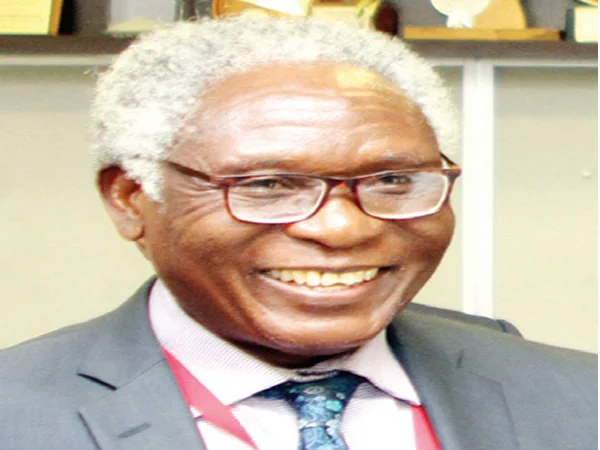Segun Adediran
According to Niccolo Machiavelli, there are four main ways a prince can come into power. The first way is through prowess, meaning personal skill and ability. The second is through fortune, meaning good luck or the charity of friends. The third way is through crime, such as through a coup, conspiracy, or assassination. According to Machiavelli in his book, The Prince, a ruler must remember that whatever brings success is due to power. For acquiring political power he can use any type of means. He said politics is a constant struggle for power. All politics is power politics. Machiavelli is dead right.
His “Prince” and Vilfredo Pareto’s circulation of elites are relevant political theories in explaining power politics in developing democracies like Nigeria’s.
Pareto’s theory also posits that a small minority, consisting of members of the economic elite and policy-planning networks, holds the most power—and that this power is independent of democratic elections.
Lately, the politics of who takes over from Major General Muhammadu Buhari (retd.) has heated up. The fire is being stoked from many fronts: Ibo presidency, North/South dichotomy, and most relevant, Bola Tinubu’s quest to transform from a kingmaker to a de facto ruler. Barely a day to the ruling party’s convention will Tinubu, who has just boasted of being Nigeria’s foremost kingmaker get the APC ticket and eventually emerge the president in February 2023?
In theory, democracy is a form of government in which power ultimately comes from the people who are governed, either through direct voting or through elected representatives. The electorate decides who to confer political powers on. But in practice, political leaders have more responsibility than others in deciding who gets what, when, and how through consensus in many societies, especially developing countries. Throughout his political career that obscurely began during the Abacha years, Tinubu has been a beneficiary of elite consensus as Lagos State governor and also a dispenser of elite power as a kingmaker afterward.
In politics, what takes place in the public is a miniature of the real power equation in any society. This is called two faces of power. According to Peter Bachrach and Morton S. Baratz in “Two Faces of Power”, the less important but extremely important face of power is the group that consciously or unconsciously — creates or reinforces barriers in the polity. Right from independence in 1960, Nigerian politics has always been a reflection of this theory. Indeed, in many countries that are suffering from severe institutional weakness, sometimes non-visible political groups could be more powerful than the active and visible political actors. All politicians know this, of course including Tinubu who is a master political strategist.
As far as the APC presidential candidate contest goes, does Tinubu enjoy the endorsement of either or both “two faces of power”? I don’t think so. If anyone had been in doubt, his recent moves and the body language of critical power brokers have confirmed where the pendulum of power may swing, but not in any way, in Tinubu’s direction.
Three lessons very quickly. First, most power holders behave more or less like Machiavelli’s Prince once vested with it. Buhari is not going to be an exception. Indeed, Machiavelli advises the Prince to eliminate those who made him king in order to rule effectively.
Second, it is difficult to sail against the elite’s wind unless you are ready to commit class suicide as Pareto posits. Third, in politics, the more you look, the less you see, according to Bachrach and Baratz. These three theories and their reflections in the presidential race clearly show that Tinubu could be a terrific kingmaker, but cannot be trusted as king by either one of the two faces of power. . This is the reality any student of power cannot safely ignore.
What’s the best option for Tinubu then? In sports as well as in politics, no one wins every game. He cannot also be a footnote in Nigerian political history as he fears. He made indelible marks as Lagos State governor and he’s been so lucky to keep Lagos State since 1999 and even successfully forayed into a few Southwest states. None of his contemporaries in politics has remained relevant that long. Before he does worse damage to his political brand, Tinubu should consider the greater Yoruba interest and throw his weight behind Vice President Yemi Osinbajo who appears to be the APC’s man of the moment.



















